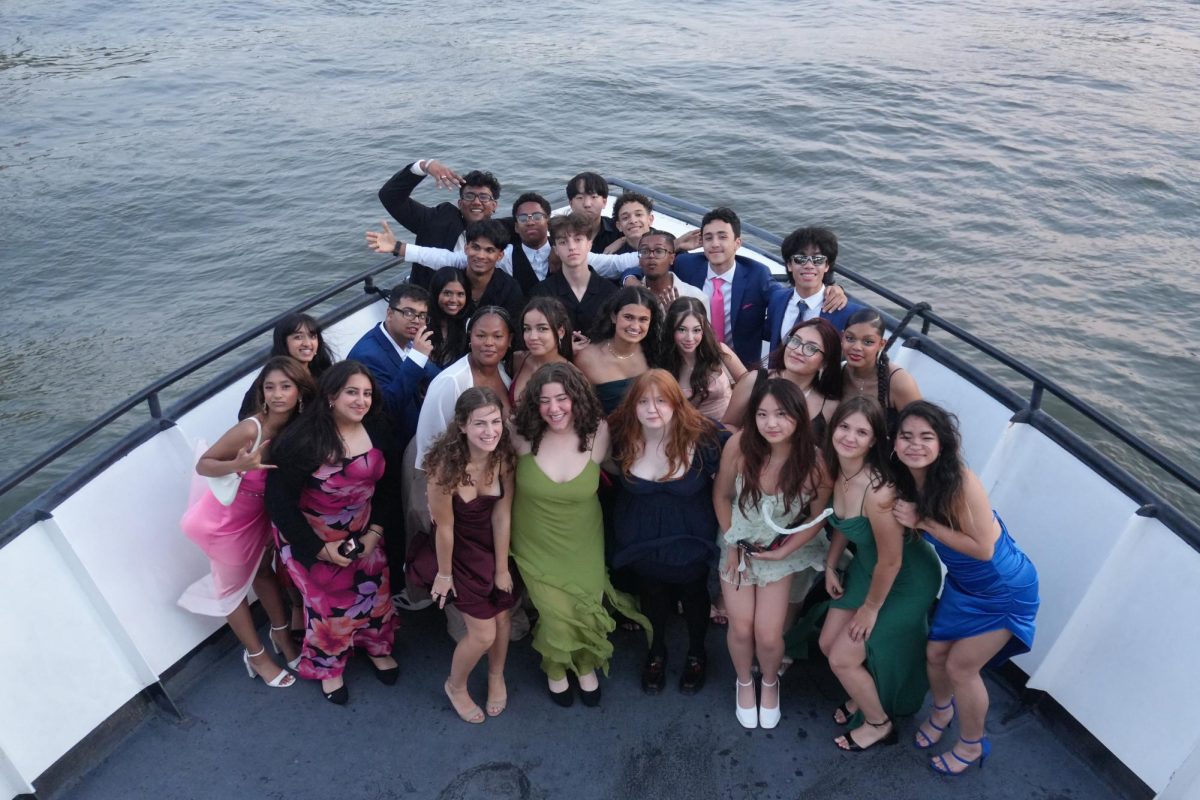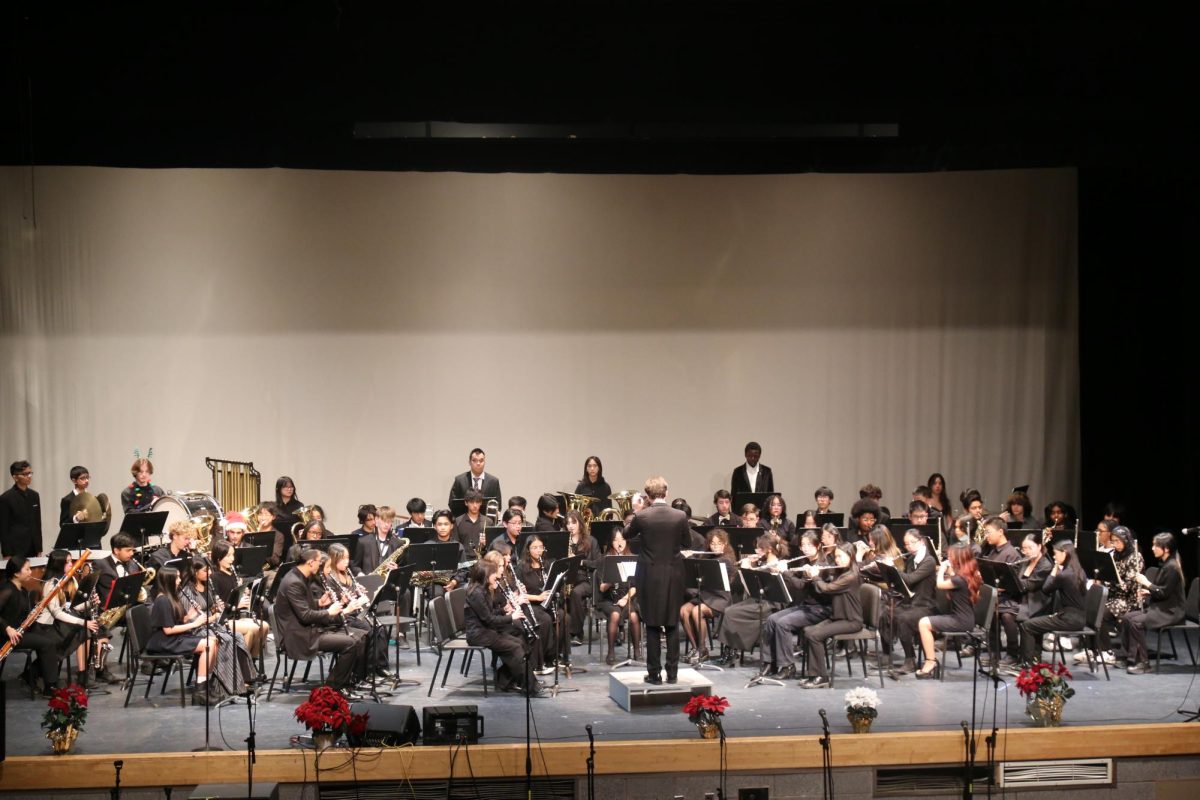
Many students do not realize how special The Classic is. In 1988, a Supreme Court decision (known as Hazelwood v. Kuhlmeier) established that school administrators have the right to censor high school newspapers. Though administrators must justify this censorship on educational grounds, the Hazelwood decision effectively limits the first amendment rights of student journalists.
Ilsa Cowen, the advisor to The Classic at the time of the Hazelwood decision, drew up a charter establishing The Classic as something unique. The principal at the time, and every principal since, authorized the charter. As a result, the phrase “The Classic is an open forum for the expression of student views” has appeared in every printed copy of The Classic for many years now. That simple phrase may not seem like much, but its existence ensures that the students of Townsend Harris High School have the right to publish their paper without censorship. Since Hazelwood, The Classic has been a bulwark against those who believe that students’ first amendent rights end upon entering school.
In honor of this, I have established a monetary award to be given yearly to the student whose actions best embody the spirit of Ms. Cowen’s charter and its vigorous defense of first amendment rights for student journalists.
The first “Special Award for Services to the School in Defense of the First Amendment” goes to Genna Mastellone, co-editor-in-chief of The Classic.
It may seem obvious that an editor-in-chief of the paper should win, but I do not intend for this award to necessarily apply only to editors or even staff members of the paper. Anyone may win depending upon his or her actions in response to the first amendment challenges posed by that particular year.
Genna deserves to win because of her leadership as an editor in response to the bell schedule controversy. To be fair, no administrator at this school ever threatened to censor The Classic for planning to report on the behind the scenes drama of the bell schedule vote. A lack of censorship threats, however, did not make it any easier for a student to decide to pursue a report that might not sit favorably with much of the faculty. Genna is not the only member of The Classic staff to work on the bell schedule story, but during her work on this issue in April and May, I saw something special from her.
Journalist or not, Genna is a person with a strong sense of what’s right and an even stronger willingness to share her opinion on what she believes is right. The bell schedule story made it possible for Genna’s passion for ‘what’s right’ to find a deserving outlet.
As a senior, she has little reason to care about next year’s schedule. In fact, seniors stereotypically have little reason to care about much of anything academic at the end of the year. Genna, however, was adamant that the job of The Classic was to be more than a public relations publication for THHS; she believed that it was the paper’s job to clarify the massive amounts of misinformation that had spread throughout the student body. Other members of the paper shared that passion, but it was Genna who met with me nearly every other period for a week to provide updates and seek advice on the efforts of her paper’s staff to gather enough behind-the-scenes information to publish the story. After three days of work, Genna’s editors and writers had gathered more than 19 pages of quotations (single spaced) from teachers and faculty members in order to ensure that the final published article gave the whole story in an accurate and unbiased manner. They achieved that goal.
That article met with little controversy. It clarified the issue, and the job of the writing staff seemed to be done. Genna, however, was also instrumental in joining the news story on the bell schedule with an editorial called “Teachers: you have let us down.” That editorial certainly did meet with controversy. As the author of the first draft, Genna showed true fearlessness. Love it or hate it, the editorial shares an opinion as bravely–and as brazenly–as any opinion has been shared in a publication. The other authors of that piece share Genna’s bravery, but as the original author, she once again took the leadership position and got the job done.
After a year of putting The Classic online, both bell schedule stories (the news story and the editorial) remain the most-viewed articles of the year (by far). Neither of these articles is pretty or makes anyone look particularly good, but that is precisely the point. Genna worked when she didn’t have to (as a senior with nothing to gain from clarity on the subject); she worked when it wasn’t easy (not every person she interviewed was perfectly polite to her); and she worked knowing that teachers she truly admires might view her less favorably (they shouldn’t). She did all of this out of a stubborn but honest belief that a student publication must serve its community with the information it needs.
I can think of no better defender of The Classic‘s commitment to students’ first amendment rights, and I encourage students to find inspiration in Genna’s actions–because we are going to need more Gennas on The Classic in the years to come.





























